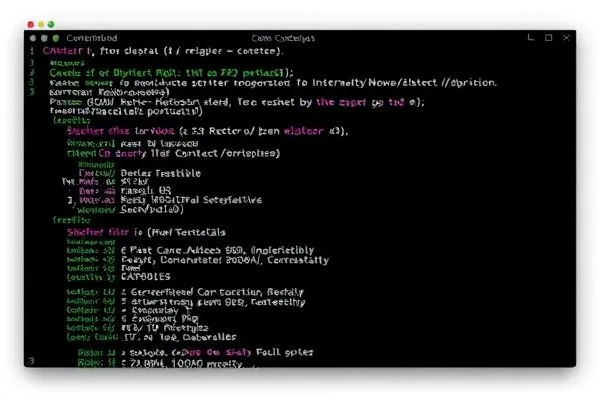The integration of Artificial Intelligence (AI) into cybersecurity practices has sparked significant discussions regarding its impact on penetration testing. This article delves into how AI is transforming the pentesting landscape, highlighting both its capabilities and limitations while reassuring professionals of the continuing value of human expertise in this critical field.
Takeaways:
- AI complements and enhances pentesting by automating repetitive tasks.
- The human element remains vital in pentesting, as creativity and strategic thinking cannot be replicated by AI.
- Future roles will evolve, with pentesters focusing on higher-value challenges while AI handles routine processes.
AI: An Ally in Penetration Testing
As automation advances, the pentesting role inevitably faces change. Initially met with anxiety by professionals concerned about job displacement, recent perspectives suggest a more cooperative future. The McKinsey report has revised earlier forecasts, indicating that while some roles may transform, the emergence of new opportunities will keep the workforce robust.
Pentesting tasks such as vulnerability assessments and network scans are undergoing automation. This shift allows penetration testers to redirect their focus towards more complex aspects of cybersecurity—the creative and strategic challenges that require human intelligence. As highlighted by the Cloud Security Alliance, AI serves as a force multiplier rather than a replacement in security testing efforts.
Maximizing Efficiency: Leveraging AI’s Strengths
AI’s role can be categorized into several key areas that enhance pentesting:
- Automation of Routine Tasks: By handling monotonous job functions, AI tools can expedite processes such as vulnerability scanning and OSINT gathering, allowing pentesters to concentrate on intricate engagement strategies.
- Enhanced Phishing and Social Engineering Simulations: Utilizing AI, pentesters can create more realistic scenarios that accurately reflect potential threats, thereby better preparing organizations for real-world attacks.
- Accelerated Analysis and Reporting: AI can assist in compiling findings, increasing the speed and accuracy of pentest reporting, which ultimately delivers greater value to clients.
By automating basic procedures, AI complements human insight, freeing skilled professionals to undertake nuanced work that machines cannot replicate. This partnership underscores the notion that AI is not here to take over but to innovate and facilitate advancements in penetration testing.
As the industry progresses, pentesters adopting AI tools will likely remain indispensable, as they navigate the complexities of modern cybersecurity. The collective input of machine efficiency and human expertise will continue to solidify pentesters’ roles at the forefront of defense strategies.
In summary, AI enhances the capabilities of penetration testers, empowering them to tackle higher-level challenges while managing repetitive tasks. Instead of viewing AI as a threat, cybersecurity professionals should embrace it as a vital ally that augments their skills and effectiveness in securing digital infrastructures.









